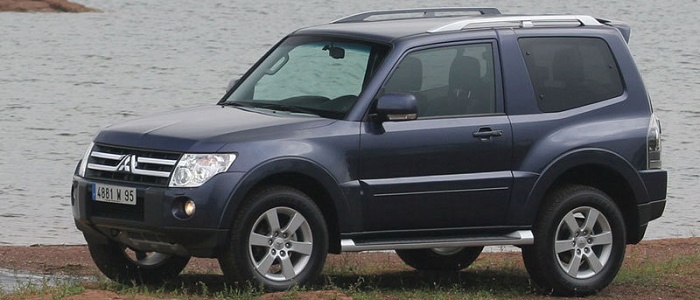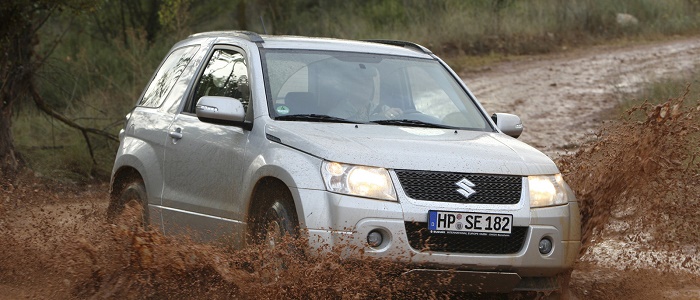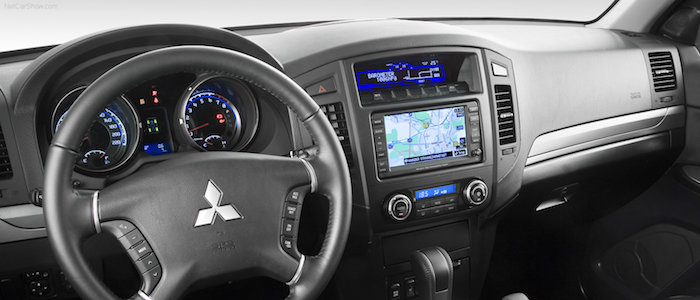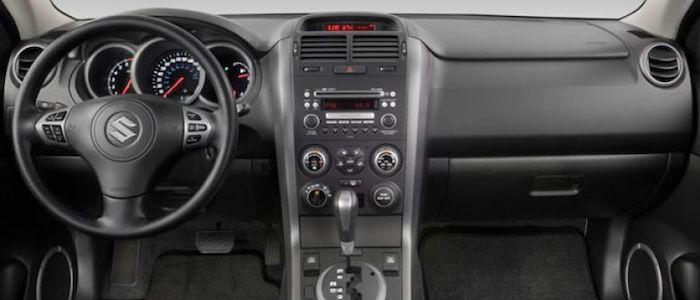Compare two cars
Compare any two cars and get our Virtual Adviser™ opinion
Marketing
Dimensons & Outlines
Engine
Performance (manual gearbox)
Performance (automatic gearbox)
Expenses
Virtual Adviser's™ opinion
Well, these are two pretty similar cars we have here! It's only details that could potentially make the difference. Considering they both belong to the suv segment and utilize the same 3-door suv body style and the 4 x 4 wheel drive system, it all comes up to the specific diesel engine choice they offer. The first one has a Mitsubishi-engineered powertrain under the hood, a 4-cylinder, 16-valves 170hp unit, while the other one gets its power and torque from a 4-cylinder, 8-valves 130hp engine designed by Renault.
SafetyThe fact that the Suzuki got tested by the European New Car Assessment Programme (Euro NCAP), while the other contender didn't, offers a slight advantage, as the 4-star rating is better than none. Moving further on, let's take a closer look at some additional safety-related facts. Both vehicles belong to the suv segment, which is generally a very good thing safety-wise, but it doesn't do much to help us decide between the two. Furthermore, taking kerb weight as an important factor into account, Pajero offers a potentially life-saving difference of 41% more metal.
ReliabilityI don't like generalizing things when it comes to reliability, although it does seem that Suzuki as a brand displays somewhat better results, when all the models are taken into account. That's the official data, while our visitors describe reliability of Mitsubishi with an average rating of 4.6, and models under the Suzuki badge with 4.5 out of 5. The same official information place Pajero as average reliability-wise, and Grand Vitara is more or less at the same level.Above it all, drivers of cars with the same engine as Pajero rank it on average as 3.0, while the one under the competitor's bonnet gets 4.0 out of 5.
Performance & Fuel economySuzuki is a bit more agile, reaching 100km/h in 0.4 seconds less than its competitor. Still, it lacks the power to win the top speed competition, topping at 170 kilometers per hour, 7km/h less than the other car. When it comes to fuel economy an obvious choice would be Grand Vitara, averaging around 7.4 liters of fuel per 100 kilometers (38 mpg), in combined cycle. That's 42% difference compared to Pajero!
Verdict
Suzuki appears just a bit more reliable, although the difference is truly marginal. The most important thing when deciding between any two vehicles should always be safety, both passive and active. In my opinion, everything taken into account, Grand Vitara offers slightly better overall protection and takes the lead. It all continues in the same direction, with Suzuki offering somewhat better performance, just enough to call it quicker. To make things even better, it consumps less fuel! All together, there's not much more to say, in this case I wouldn't even consider anything but Suzuki. Anyway, that's the most objective conclusion I could've came up with and it's based solely on the information found on this website. Aspects such as design, practicality, brand value and driving experience are there for you to measure them out. I suggest you spend two more minutes in order to find out which car, based on your needs and budget, would be picked by the virtual adviser™, among thousands of similar, yet so different vehicles.

































